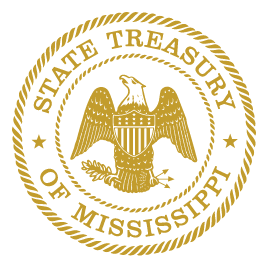Newsroom
Teaching your Kids about the Value of Money
When do you think the average person’s money habits are set? By age 18 when they leave home for the first time? Age 16 when they get their first job? Age 10 when they start mowing a neighbor’s lawn? In reality, it might be much earlier than that.
Consider the first time your child built a lemonade stand, played cashier with their toy register, or slipped a quarter into the gumball machine. Each of these was an encounter with commerce. PBS News reports that “by age 3, your kids can grasp basic money concepts. By age 7, many of their money habits are already set.”
So how can you use some of these simple, everyday encounters with commerce to teach kids about responsible finances? I’ve put together three ideas to help you today (for more resources, please visit Treasury.MS.gov/FinancialEducation):
HELP KIDS UNDERSTAND THAT MONEY HAS A VALUE.
It sounds simple, but when your child asks for a dollar to use at the vending machine, gently explain that this dollar is in exchange for something else. Encourage your child to carefully consider their options as a result. After all, they won’t get the money spent back, and it’s not easily replaced.
MAKE SAVING AN OPTION YOU ENCOURAGE.
It’s important to let your child know they have permission to save money too. Maybe they just had a birthday, lost a tooth, or received their allowance. Encourage them to put a portion of it away, rather than spending it during your next trip to the mall.
ENCOURAGE THEM TO ASK QUESTIONS AND KEEP LEARNING.
Kids won’t do everything correctly right off the bat – and don’t expect them to! After all, many adults continue to learn the building blocks of financial responsibility decades later. Encourage your kids to ask questions about money as they have them. By establishing an open dialogue, children can feel comfortable asking parents to help guide them when making small, but important, financial decisions.
While studies show money habits are set quite young, don’t give up on your child after First Grade! The discussion can – and should – continue. As mentioned above, if you need more resources, please let your State Treasury help. We have information for parents and teachers alike at Treasury.MS.gov/FinancialEducation.
